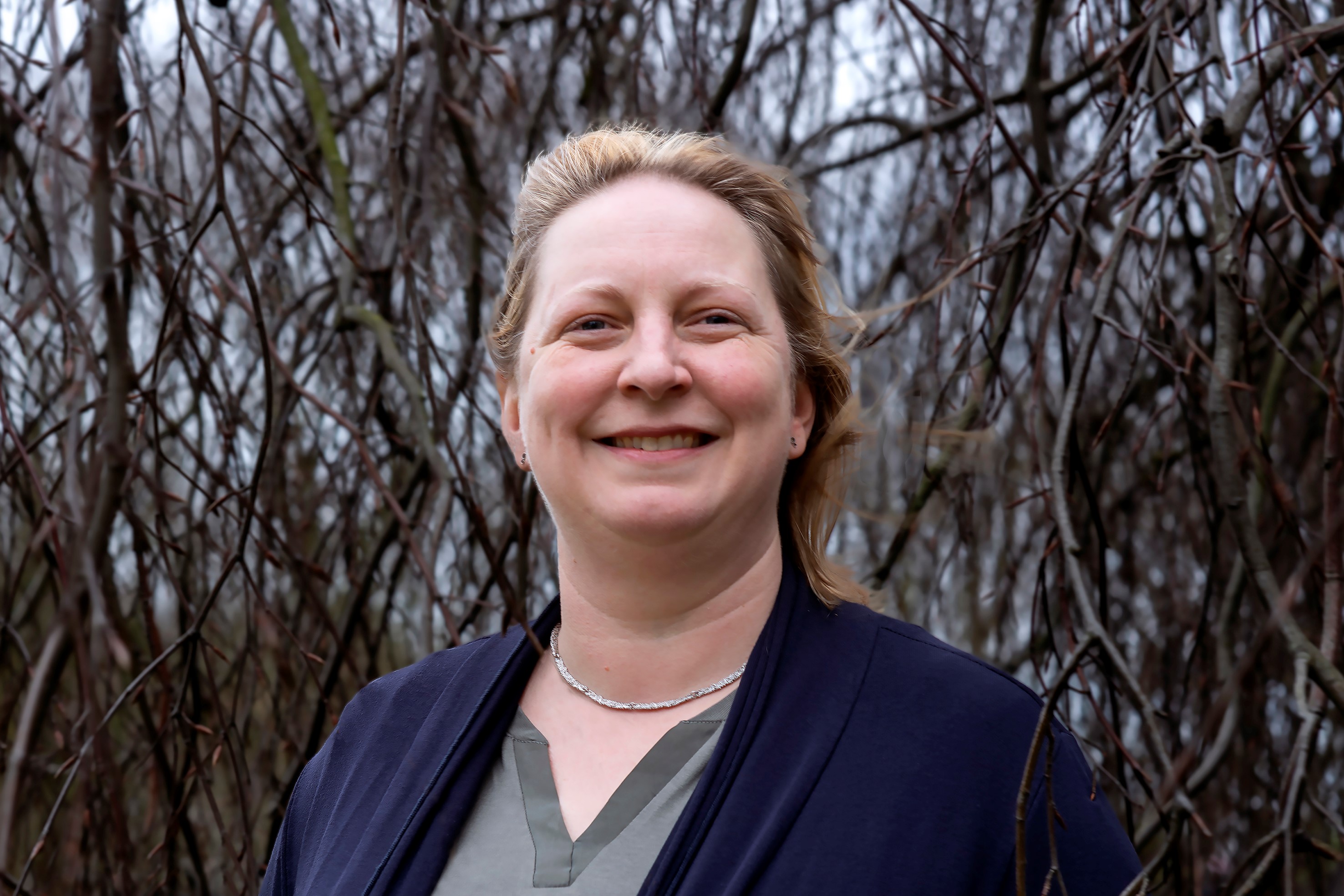Data scientists have the future (and control it)
The field of data sciences is prospering like never before. This was clearly demonstrated last week during the celebration of the 25th anniversary of the Department of Data Science and Knowledge Engineering (DKE). Especially in the last five years, great leaps have been made in the use of digital tools. Think of the once simple mobile phone, which has become an important tool in our daily lives. In addition, data sciences has developed considerably as a scientific discipline. For example, computing power has exponentially increased.
Keynote speakers
- Pieter Geelen, founder of TomTom, on the development of navigation systems.
- Andreas Weigend, big data specialist and former Chief Scientist of Amazon.com, on big data.
- Toby Walsh, professor of artificial intelligence at the University of New South Wales, on artificial intelligence.
- Aurélie Pols, Data Protection Officer on the importance and impact of digitization.
Data research in UM education
You can see that data research is beginning to play a role in all of Maastricht University’s (UM) study programmes. For example in Medicine, where data about individual patients are becoming increasingly relevant. Other study programmes also offer more and more courses that rely on data science, artificial intelligence and robotisation to answer questions in their research area:
- Economics: is data going to replace our money?
- Arts and Culture: do algorithms determine our behaviour?
- Law: how much privacy is there in a digital world?
The Institute of Data Science at UM, which opened this spring, is working on the optimal availability and accessibility of FAIR data (Findable, Accessible, Interoperable, Reusable). The legal and ethical aspects are given full attention through ELSI principles (Ethical, Legal and Societal impact).
Watch what DKE students have to say about Artificial Intelligence.
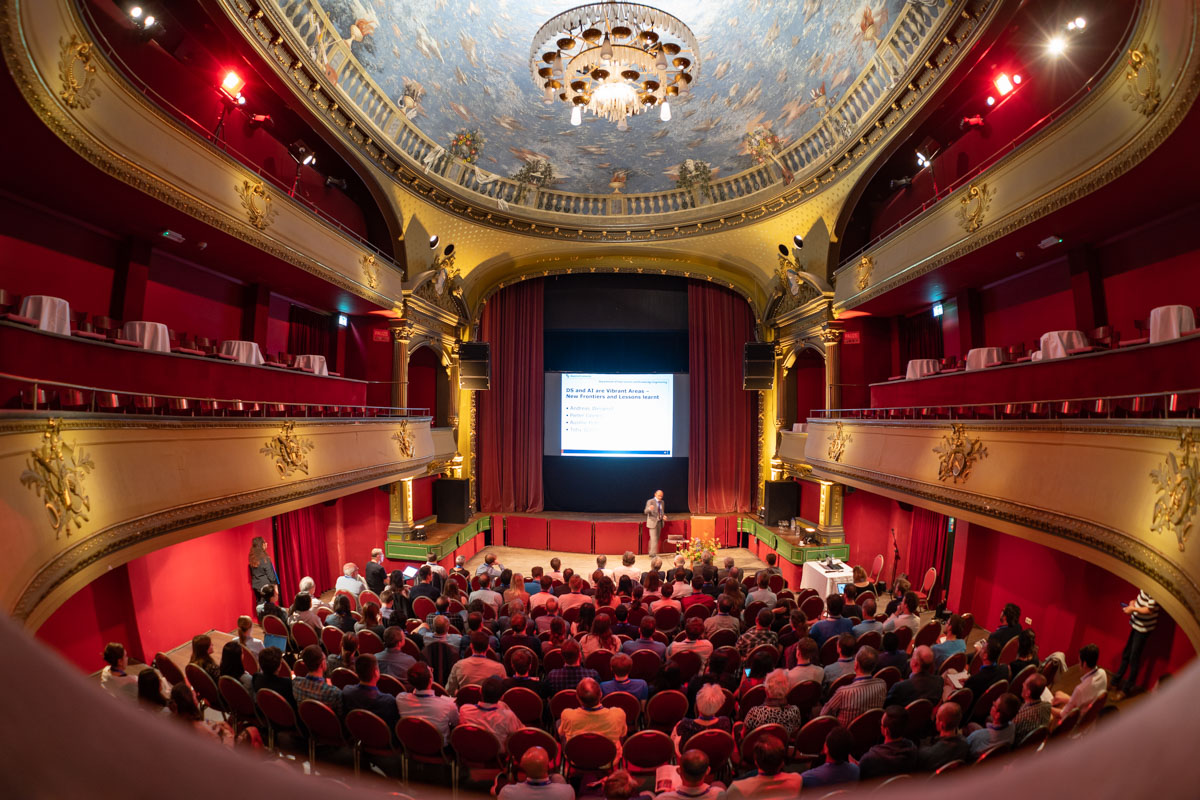
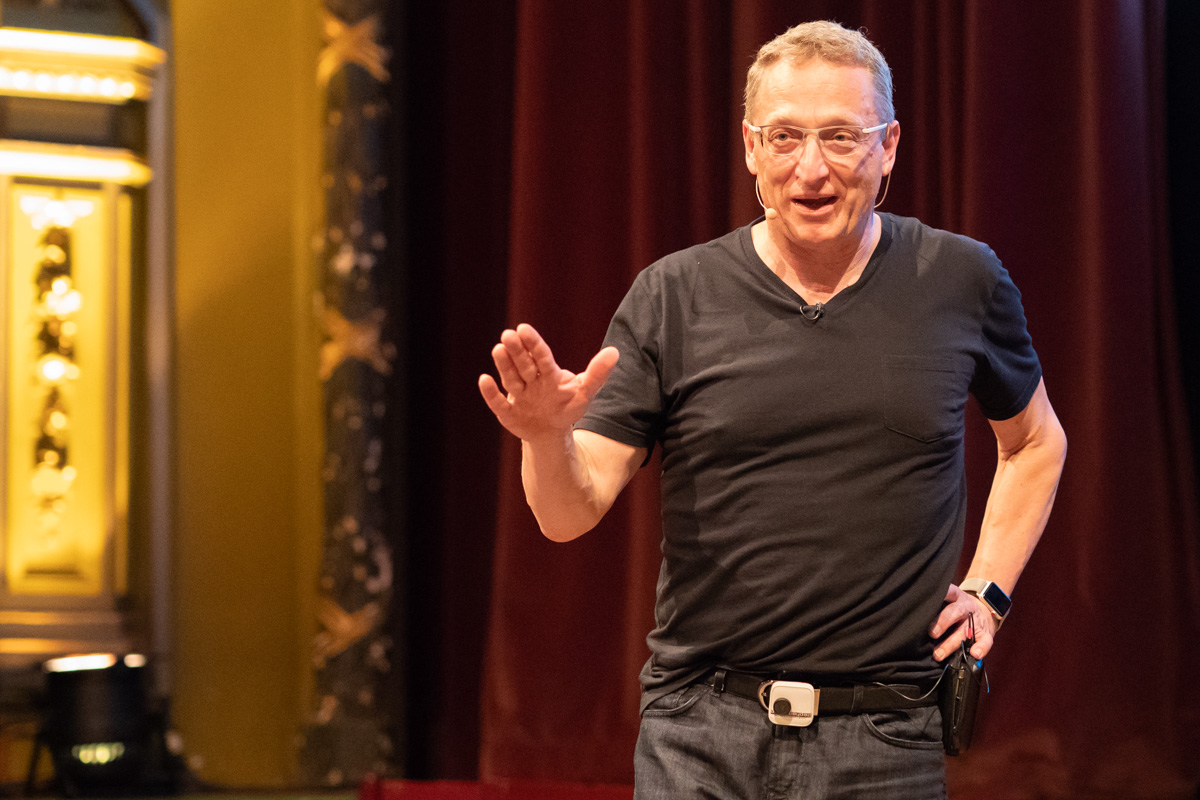
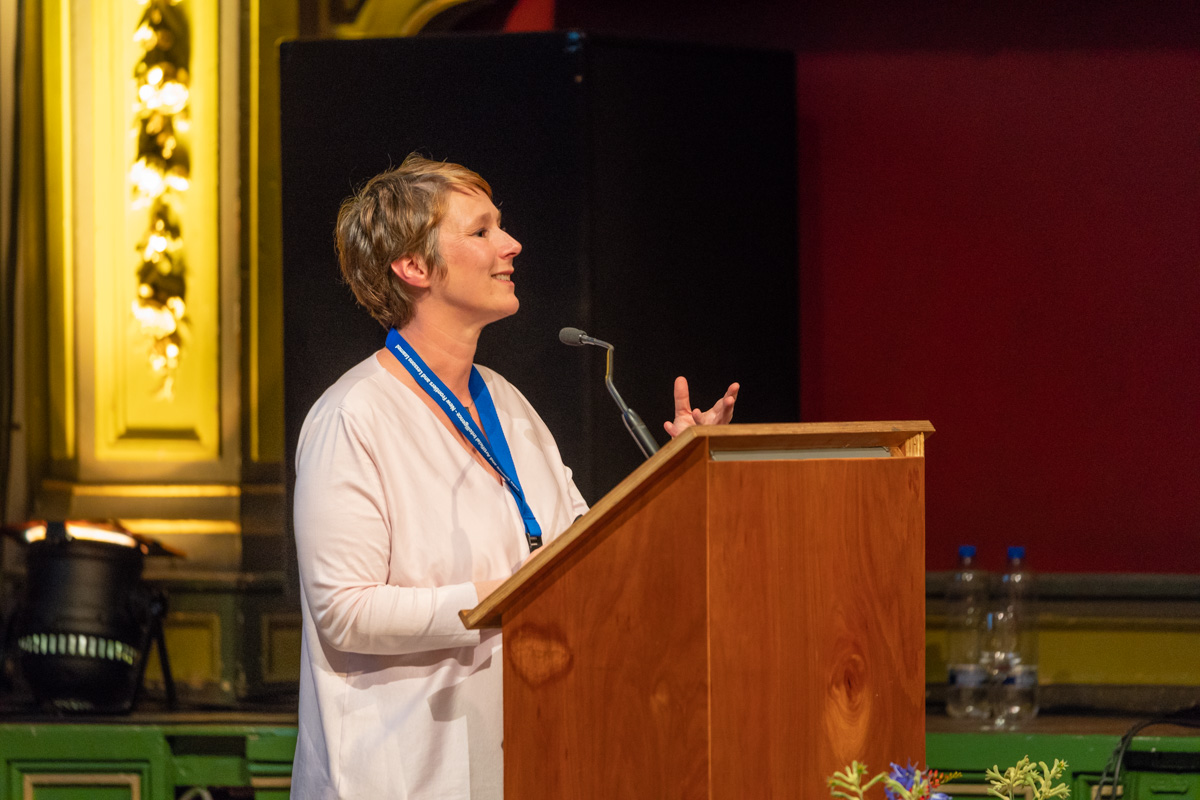
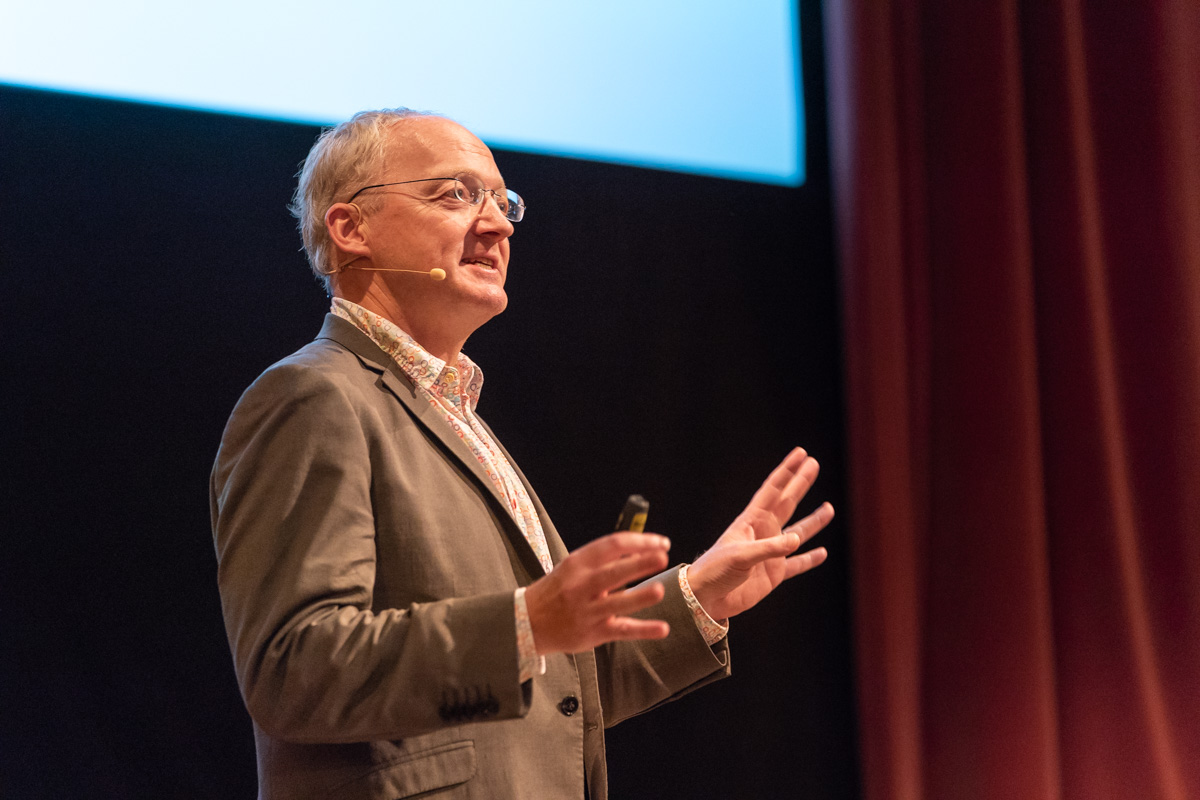
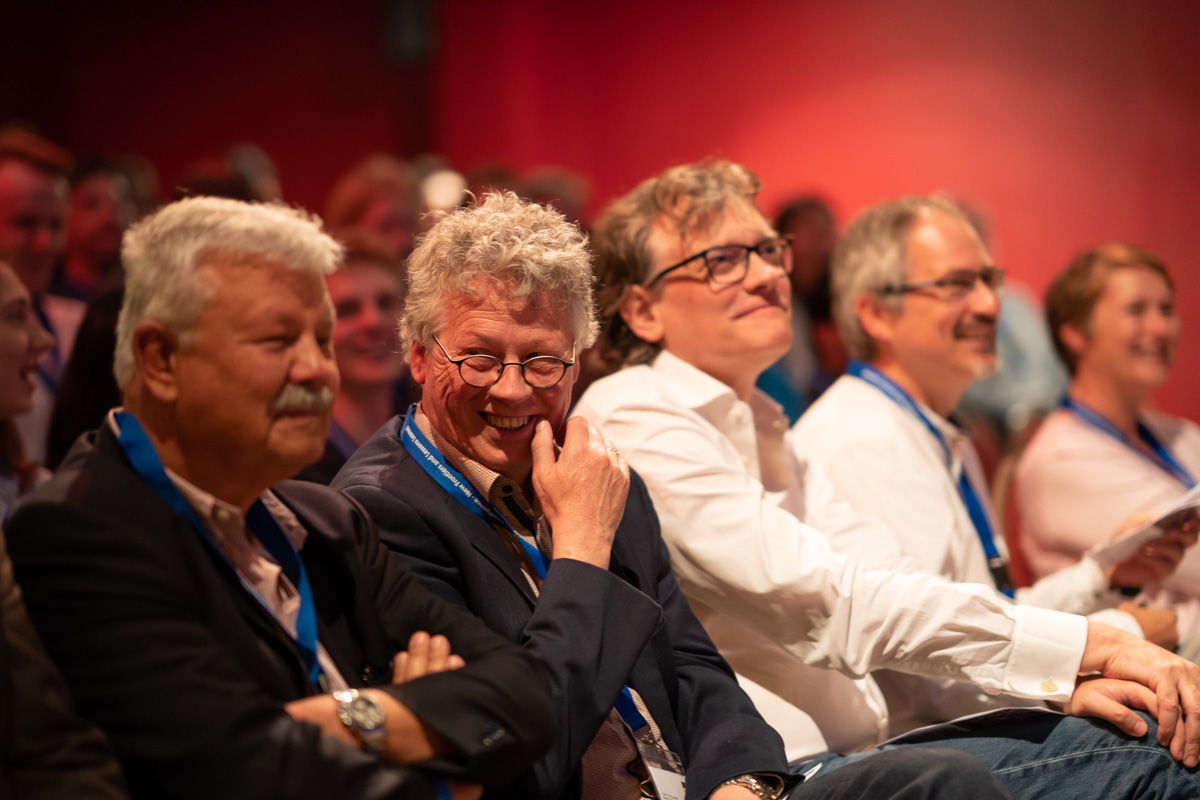
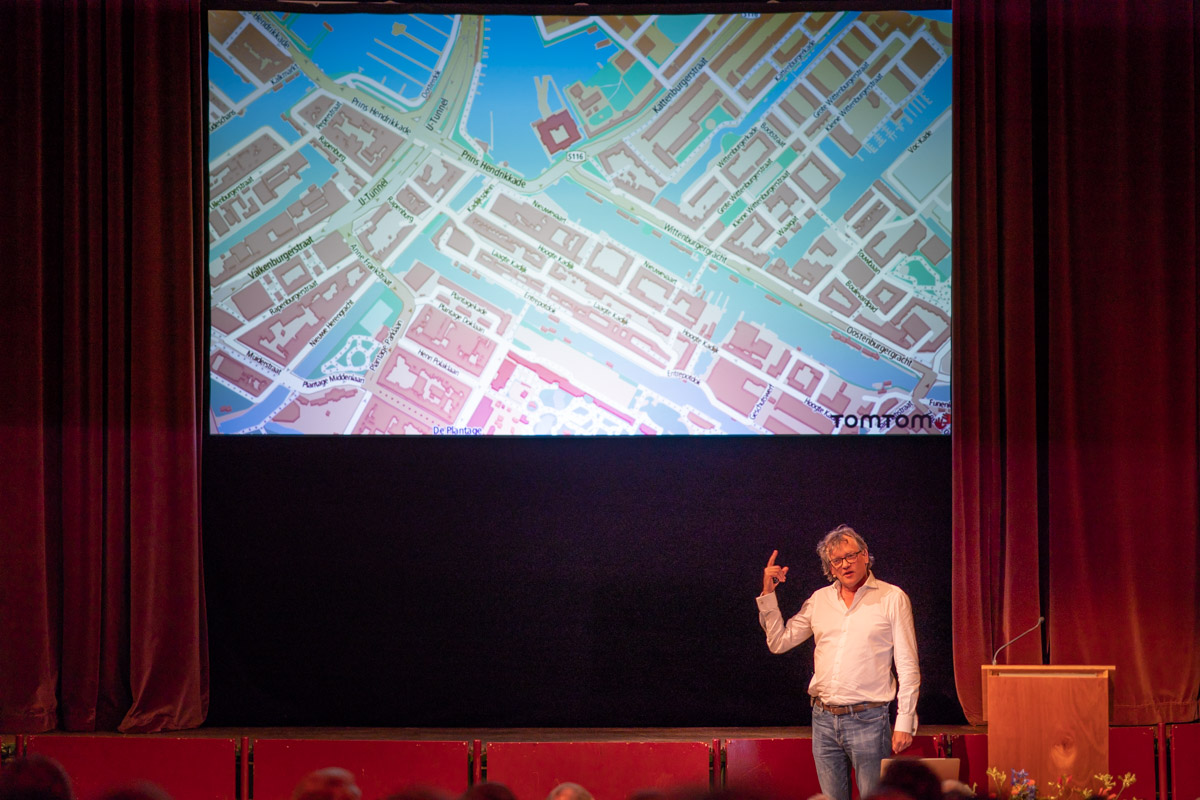
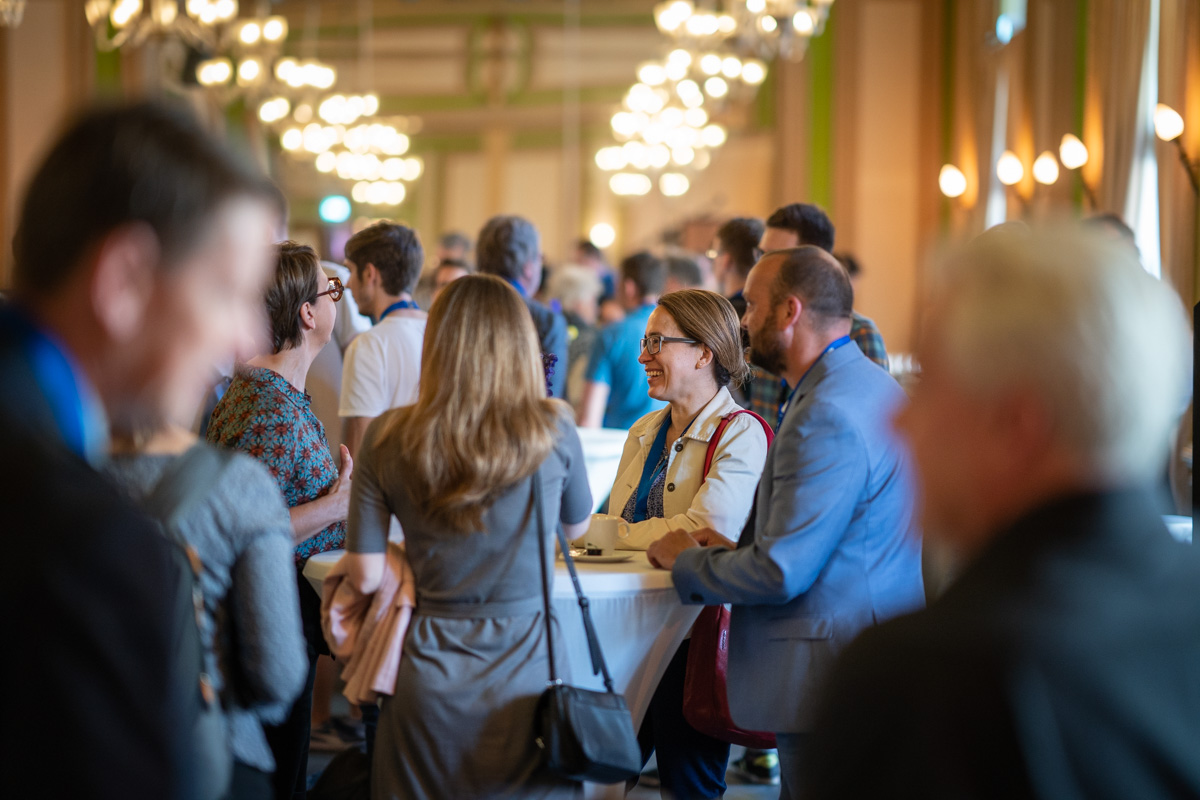
Photos: Peter Müllenberg
Future
Since data scientists are in great demand, in all kinds of fields, DKE is in full bloom. The study programmes are classified as 'top study programme’ by the Keuzegids (a national student survey). The assessment committees are full of praise and the number of students has doubled and even developing new study programmes is being considered. In short, DKE has become a major player in the 'data science market’, and also puts UM on the map in the field of Data Science.
The evening before the symposium Andreas Weigend gave a lecture at the invitation of Studium Generale.
View the entire lecture.
Also read
-
Maastricht University received grants for three of the ten research projects starting in the National Growth Fund program Circular Plastics NL.
-
"I am proud that our new Circular Plastics group published its first completely in-house research," Kim Ragaert says. She founded the research group three years ago, when she moved to Maastricht. Her work has laid the foundations for many innovations in the field of plastic recycling, and she is...
-
Programming quantum computers, like the quantum computer itself, is still in its early stages. Quantum computing researchers tend to be physicists, mathematicians, or computer scientists who have a special interest in the mathematical framework of quantum mechanics.


